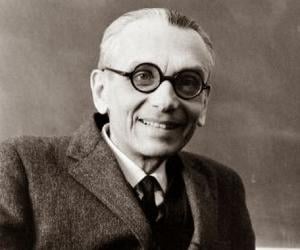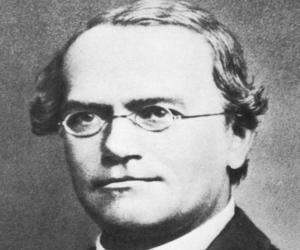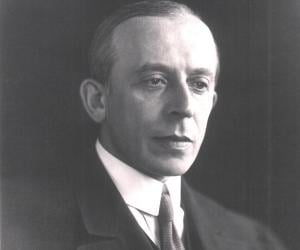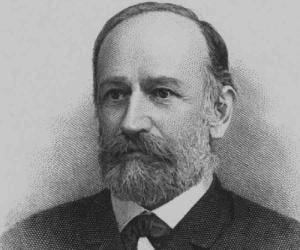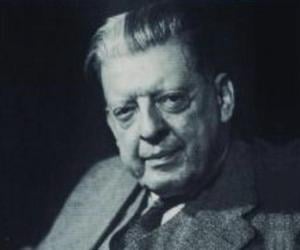1
Kurt Gödel
(Mathematician, Philosopher and One of the Most Significant Logicians in History)
Birthdate: April 28, 1906
Sun Sign: Taurus
Birthplace: Brno, Czech Republic
Died: January 14, 1978
Kurt Gödel was a renowned logician, mathematician, and philosopher who significantly influenced scientific and philosophical thinking in the 20th century. His groundbreaking work on the foundations of mathematics, including the completeness and incompleteness theorems, revolutionized the field. By developing innovative techniques like Gödel numbering, he demonstrated the limitations of formal systems and their ability to prove certain truths. Additionally, Gödel's contributions to proof theory and set theory further solidified his reputation as one of the most important logicians in history.
